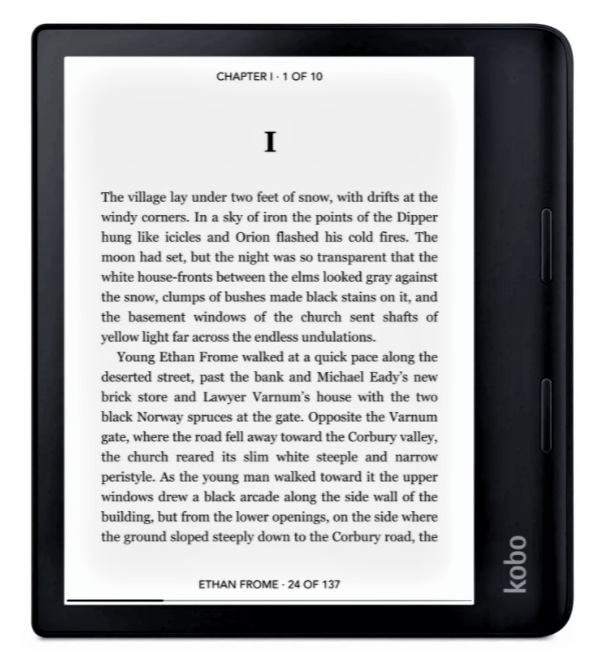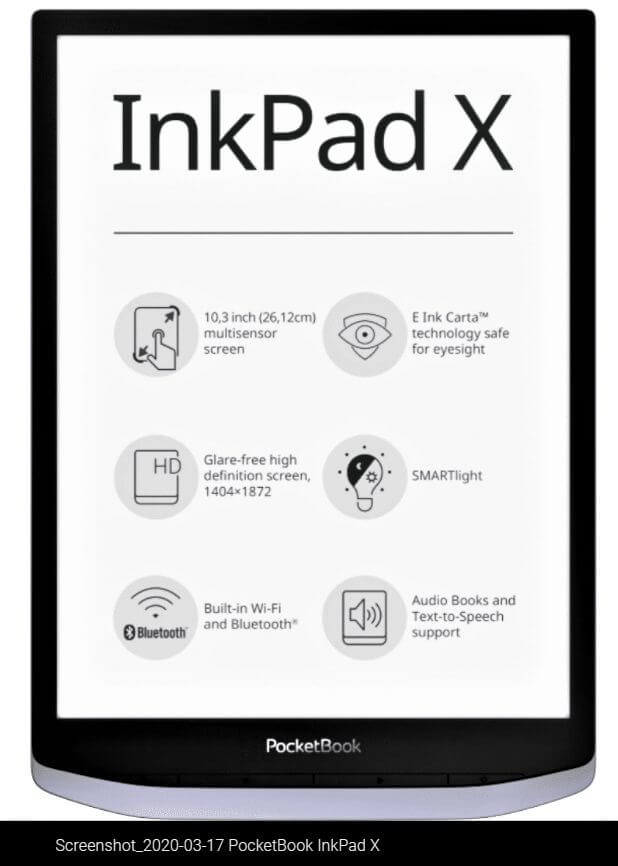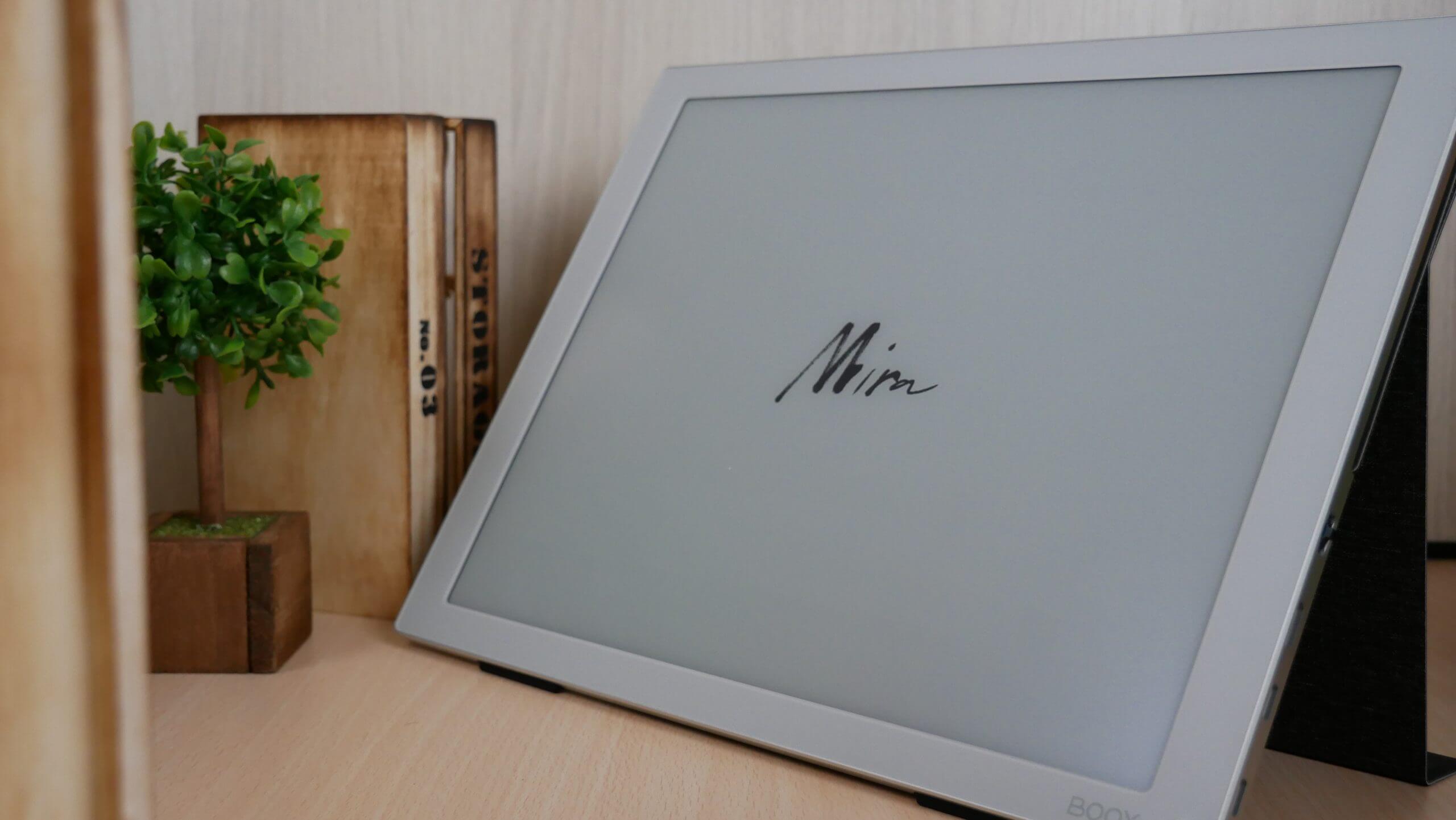Seniors can get so much more from reading than just the simple enjoyment of a good story; as it turns out, they can actually gain a multitude of health benefits.
These advantages include everything from a better night’s sleep, to stress reduction, as well as, improved memory and decision-making skills. More recent scientific studies have found links between reading, and the delayed onset of Dementia and Alzheimer’s Disease.
Studies have shown that older people who read do better on mental ability tests and in every day functions; in fact, the results show they do much better.

From a societal perspective, encouraging independent functioning in our aging population is an important goal with its own merits. However, it’s also a key factor in deferring costs and wait-times for long-term health care. From the individual’s point of view, maintaining effective cognitive functioning is desirable, as it promises to enhance the quality and level of joy that a person can experience in their life.
And lets be honest-that’s what the older years are all about. Folks have worked hard, perhaps even raised a family, and now it’s time to enjoy life and all it has to offer. According to Govett (2015), “Most of us dread getting older. But there’s mounting evidence that old age brings happiness, intellect and even better sex.” In order to actually live this picture of fantastic later-years, good vitality, health and overall wellness are all important pieces of the puzzle.

Part of that journey is embracing change and learning new things.
Lifelong healthy habits, such as reading books, can actually be enhanced when exploring newer technologies. From the old style manual can-opener to the wrist-saving automatic version; it’s important to remember that the goal of technology is to make life simpler-not more complex.
E-readers really are a book lover’s best friend. They allow for the storage of thousands of books in a single compact device. Readers of any age can enjoy e-Readers, but they include some features that make them especially convenient and accessible for older adults; such as large print, preloaded books, and easy to use displays.
Here are 4 examples of e-Readers which might just be the right fit for you or a loved one looking to explore new options:
Kobo Sage 8″ e-reader

Pocketbook InkPad X

Onyx Boox Note Air 2 with Free Case and Stylus

Supernote A6X

An avid book reader and proud library card holder, Angela is new to the world of e-Readers. She has a background in education, emergency response, fitness, loves to be in nature, traveling and exploring. With an honours science degree in anthropology, Angela also studied writing after graduation. She has contributed work to The London Free Press, The Gazette, The Londoner, Best Version Media, Lifeliner, and Citymedia.ca.

